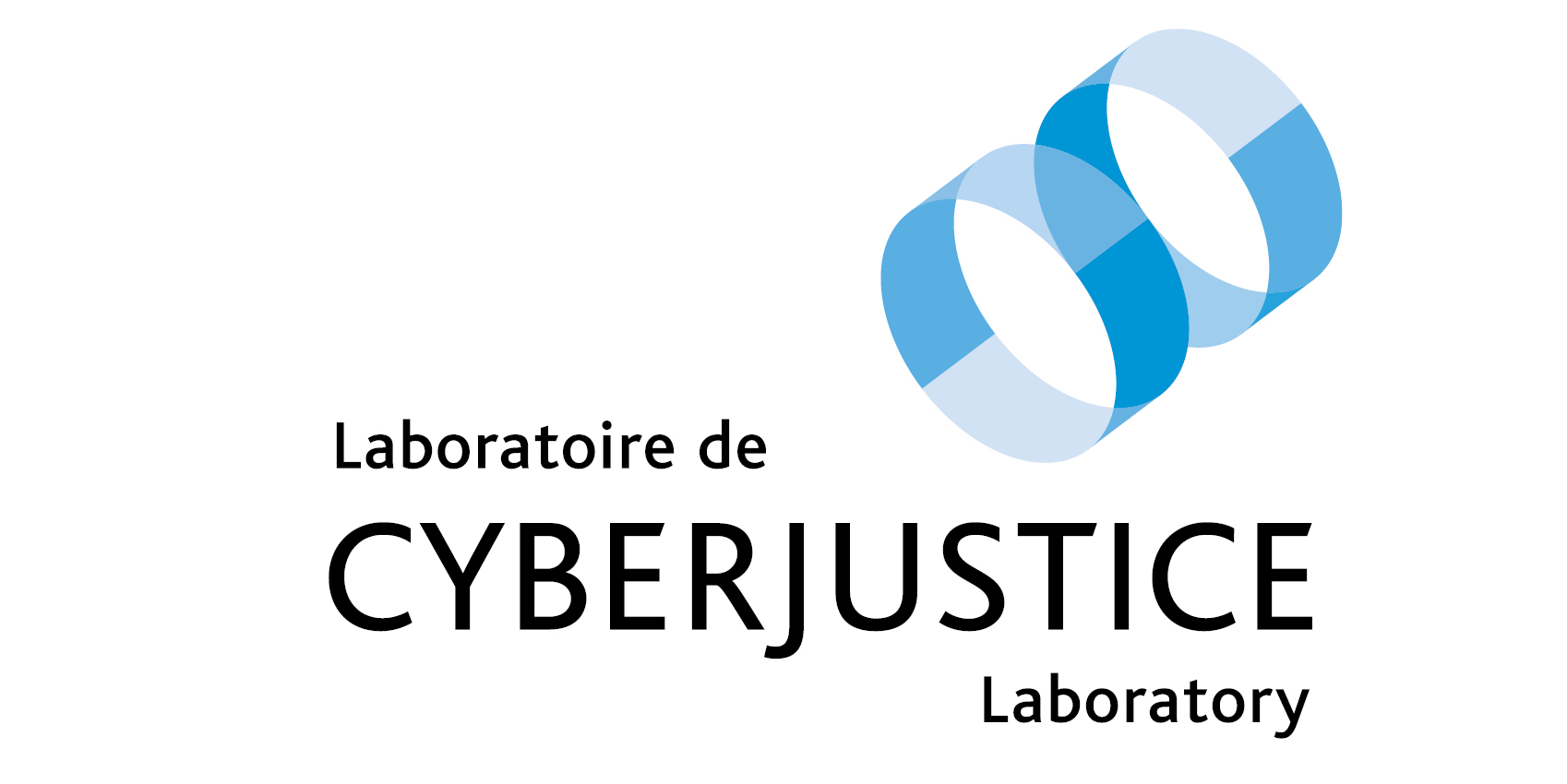ODR Forum Montreal 2023 |The State and Future of ODR
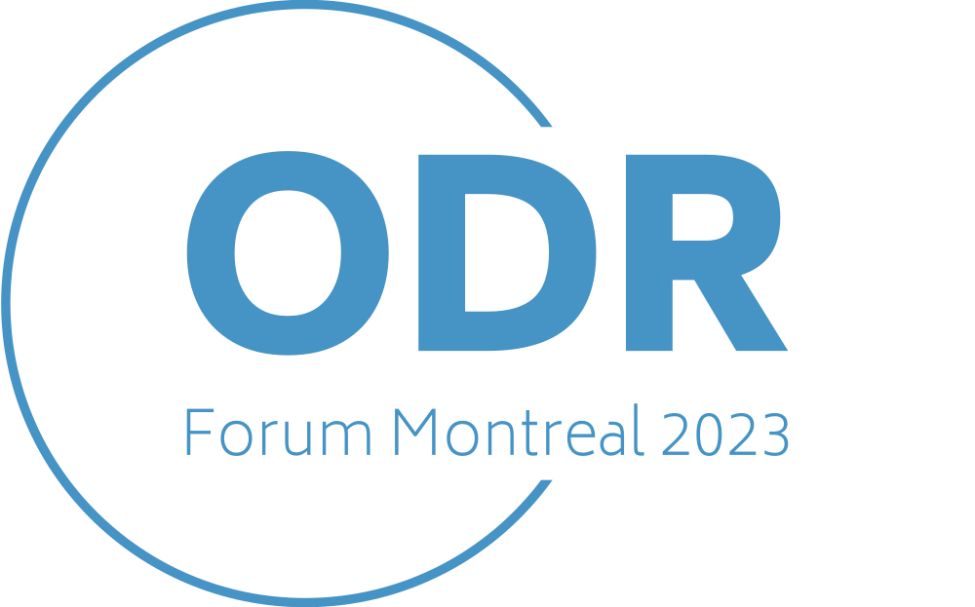
The 23rd International ODR Forum was a two-day assembly of innovators, changemakers and thought leaders from various sectors, such as business, society, and government. This event served as a platform for inspiring and envisioning the future of Online Dispute Resolution (ODR). The International Forum is the preeminent global networking occasion for the ODR community. It has been organized annually by the National Centre for Technology & Dispute Resolution (NCTDR) since 2002, taking place in different regions worldwide. Most recent forums have been held in Dublin and Bangalore and Montreal.
THE PANELS
PANEL 1: ROUND TABLE ON THE STATE OF ODR IN CANADA
THE PANELISTS
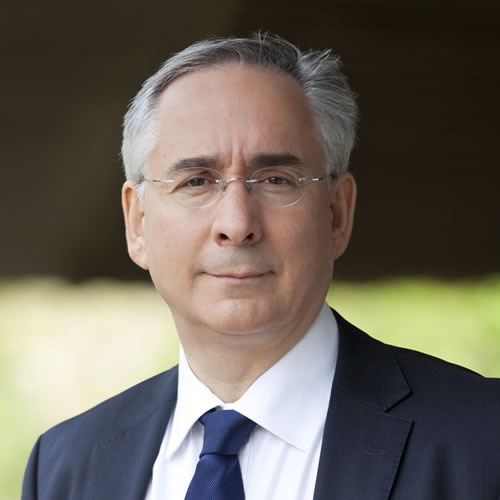
Prof. Karim Benyekhlef (Moderator)
Karim Benyekhlef has been a professor in the Faculty of Law at the Université de Montréal since 1989. He has been seconded to the Centre de recherche en droit public since 1990 and served as its Director from 2006 to 2014. He was also the Director of the Regroupement stratégique Droit, changements et gouvernance (Strategic Law, Change and Governance Group), which brings together more than 50 researchers, from 2006 to 2014. At the same time, he was the Scientific Director of the Centre d’études et de recherches internationales de l’Université de Montréal (CÉRIUM – the Université de Montréal’s International Research and Study Centre) from 2009 to 2012.
He also initiated the first online dispute resolution projects (the CyberTribunal Project, 1996-1999; eResolution, 1999-2001; ECODIR, 2000-2005). He now serves as Director of the Cyberjustice Laboratory, the work of which is designed to increase and facilitate access to justice. From 2011 to 2018, he lead a project funded by the Social Sciences and Humanities Research Council (SSHRC) of Canada in the context of the Major Collaborative Research Initiatives (MCRI) Program: Rethinking Procedural Law: Towards Cyberjustice, composed of an international team made up of some 30 researchers from over 23 different universities in Canada, the United States, Australia and Europe. He is now leading the project «Autonomy through Cyberjustice Technologies and Artificial Intelligence» (ACT Project) funded by the partnership program of SSHRC (2018-2024). ACT aims to increase access to justice through the use of artificial intelligence (AI). Over the next 6 years, ACT will be able to count on a multidisciplinary and international team of 50 researchers, as well as 42 partners including research centers, public institutions, legal professionals, representatives from civil society and private sector actors.
He holds the Chaire de recherche en information juridique Lexum (Lexum Research Chair on Legal Information). He received in 2016 from the Bar of Quebec the distinction Advocatus Emeritus. He holds the 2019-2020 Alexandre Koyré Excellence Research Chair. A recognized expert and pioneer in cyberjustice at the national and international levels, he has been a guest speaker or organizer at nearly 300 events for organizations, universities and courts around the world. With Pierre-Luc Déziel, he published in 2018 a casebook on the right to privacy in Quebec and Canada: Le droit à la vie privée en droit québécois et canadien, Montréal, Thomson-Reuters, 2018. His most recent work, in 2021, is AI and Law. A Critical Overview, a collective book presenting the effects of AI on law and justice.
Mr. Valentin Callipel
Lawyer and recognized expert in cyberjustice and online dispute resolution, Valentin Callipel is the Head of mission at the Cyberjustice Laboratory of the Université de Montréal. With over a decade of experience in the justice transformation sector, he has supervised several digital projects for public and private organizations and has advised, as a member of the Quebec, national and international organizations on the optimization of justice processes. Mr. Callipel leads a research project on using Artificial intelligence for Pre-Conflict Decision funded by the Canada Social Sciences and Humanities Research Council (SSHRC). He has been teaching a course on internet civil liability, cybersecurity, privacy and intellectual property at Polytechnique Montréal since 2014. Valentin has also been admitted to Paris bar.
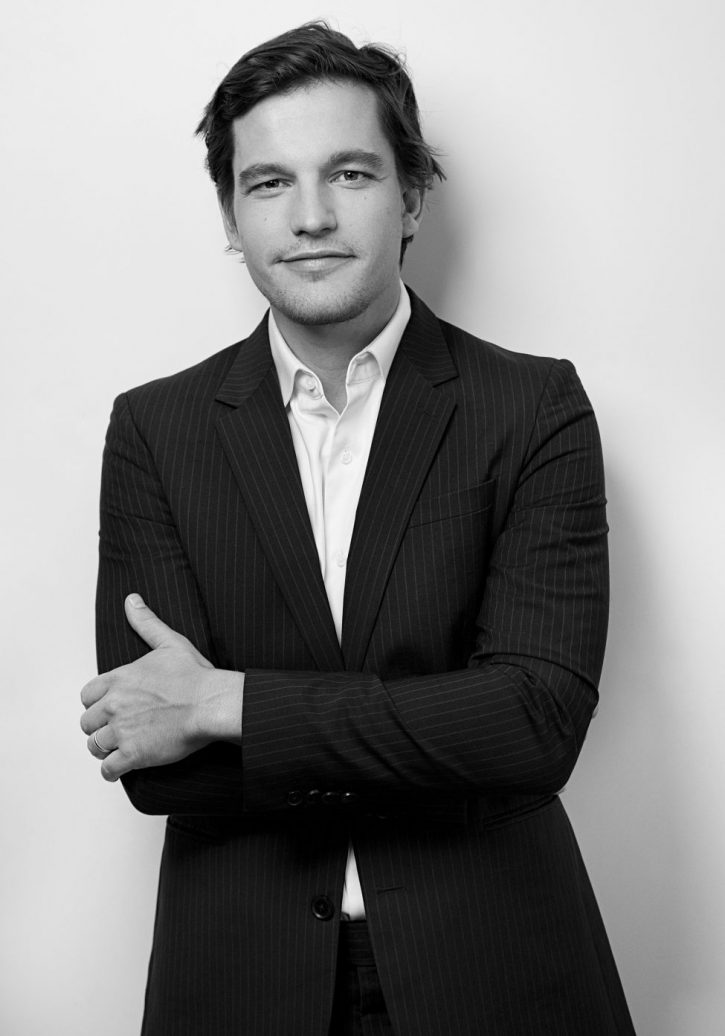

Dr. Ernest Thiessen
Dr Thiessen is President of iCan Systems Inc., the developer of the Smartsettle eNegotiation system. Dr Thiessen has led iCan’s research and development efforts since 1993 to implement the ICANS patent, creating the world’s first secure multiparty collaborative negotiation support system on the Internet.
Dr Thiessen also directs the International eNegotiation Exhibition and was a lecturer in 2010 for UNESCO-IHE’s Negotiation and Mediation for Water Conflict Management course. Dr Thiessen has been a guest speaker at many of the Annual International Forums on Online Dispute Resolution since they began in 2002 and is on the editorial board of the first international journal dedicated to ODR – The International Journal of Online Dispute Resolution.
Prior to founding iCan Systems Inc., Dr Thiessen worked for 17 years as a consulting engineer and researcher in Canada and in Nepal.
Dr Thiessen received his PhD degree from Cornell University in 1993, majoring in Water Resource Systems Planning and Analysis in the School of Civil and Environmental Engineering. While at Cornell University, Dr Thiessen developed an efficient methodology to solve very complex negotiation problems. This methodology has been patented and implemented in the form of eight algorithms that are fundamental to collaborative negotiations seeking fair and efficient resolutions. The resulting intelligent engine now powers both Smartsettle ONE (for the simplest possible cases) and Smartsettle Infinity (for the most difficult multiparty cases).
Mr. Darren Gingras
Darren Gingras leads a diverse team of collaborative Family Law professionals focused on creating novel solutions that carry individuals through resolution-focused separation and divorce processes.
In 2010, Darren and his team launched The Common Sense Divorce, a financially focused collaborative mediation process, which has since became one of the largest Family ADR Firms in Canada.
In 2016, his companies launched SIËSDE Dispute Resolution Technologies, with the sole agenda of innovating, creating and prototyping legal tech and dispute resolution technologies (ODR), specific to Family Law and Family ADR processes.

PANEL 2: ODR AND THE COURTS
THE PANELISTS
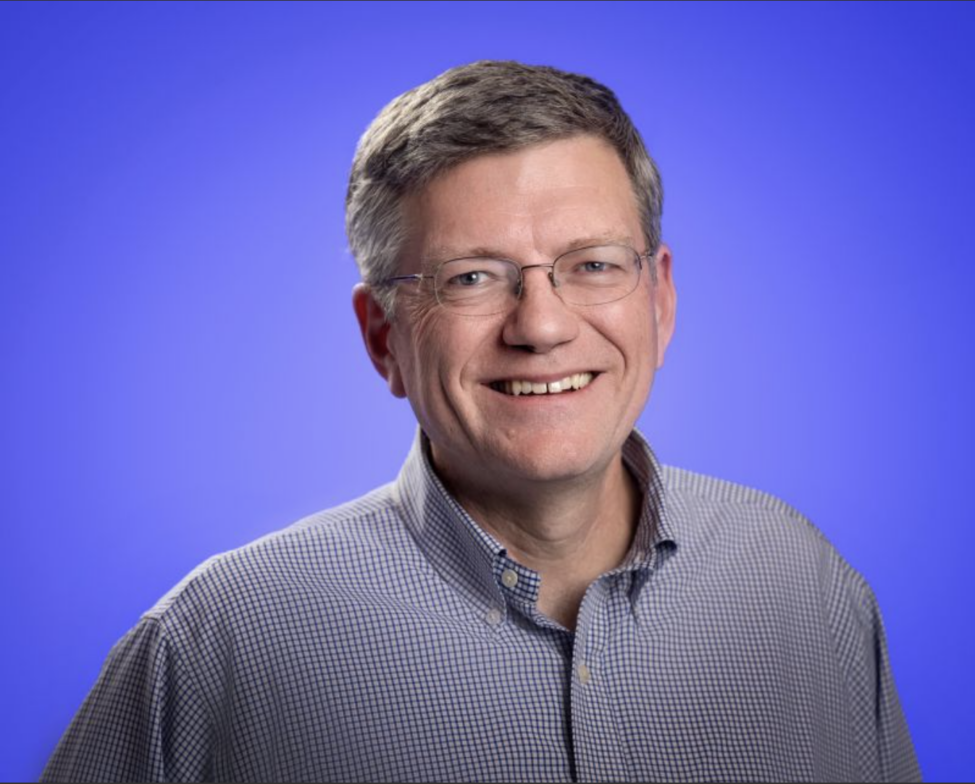
Prof. Colin Rule (Modérateur)
Colin Rule is CEO of ODR.com. In 2011 Colin co-founded Modria.com, an Online Dispute Resolution (ODR) provider based in Silicon Valley, which was acquired by Tyler Technologies in 2017. From 2017 to 2020 Colin served as Vice President of ODR at Tyler. From 2003 to 2011 Colin was Director of ODR for eBay and PayPal. Colin is the author of Online Dispute Resolution for Business and co-author of The New Handshake: ODR and the Future of Consumer Protection. He is currently Co-Chair of the Advisory Board of the National Center for Technology and Dispute Resolution at UMass-Amherst and a Fellow at the Gould Center for Conflict Resolution at Stanford Law School.
Prof. Jeremy Barnett
Jeremy is a practicing barrister and Honorary Professor of Algorithmic Regulation at University College London. He was the founder of the Court 21 project at Leeds University, which was an academic joint venture between the departments of Law, Computing and the Leeds University Business School, together with Courtroom 21. For many years, Jeremy has been part of the ODR academic community and has participated in a number of ‘Moot Court’ trials at Williamsburg, often from the UK.
At UCL, together with Philip Treleaven, he formed the Construction Blockchain Consortium and ‘Digital Distruption’ at the Bartlett School of Sustainable Construction, where he has concentrated on use of emerging technologies in the Real Estate Sector.
Together with Philp Treleaven and his team at UCL, Jeremy has co authored a number of papers on the role of emerging technologies in the Real Estate sector, many of which can be found here DigitalDisruption.
Jeremy also sits as a Recorder in both Criminal and Civil Cases in the Crown and County Courts. His practice is in regulatory law (especially cryptocurrency), fraud and professional discipline. He is head of Regulatory at St Pauls Chambers in Leeds and also a member of Gough Square Chambers (GSC) in London.
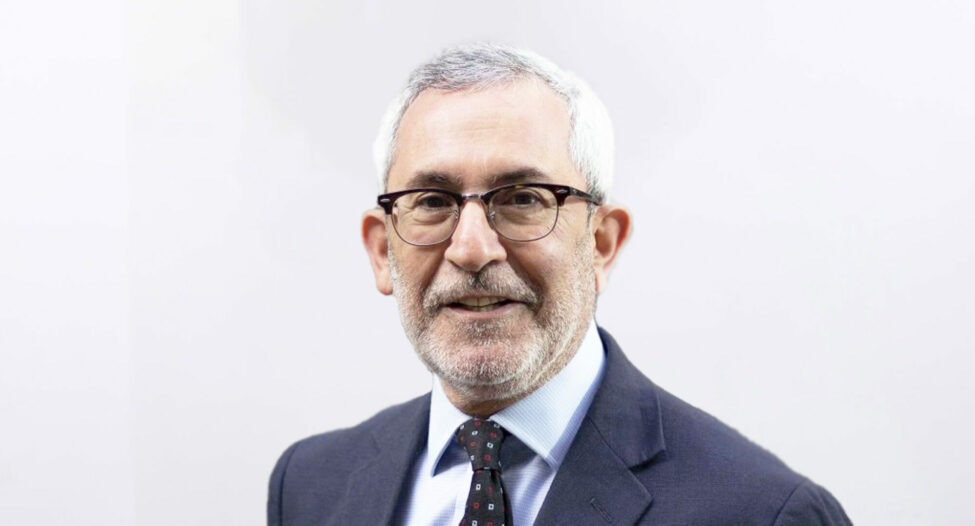
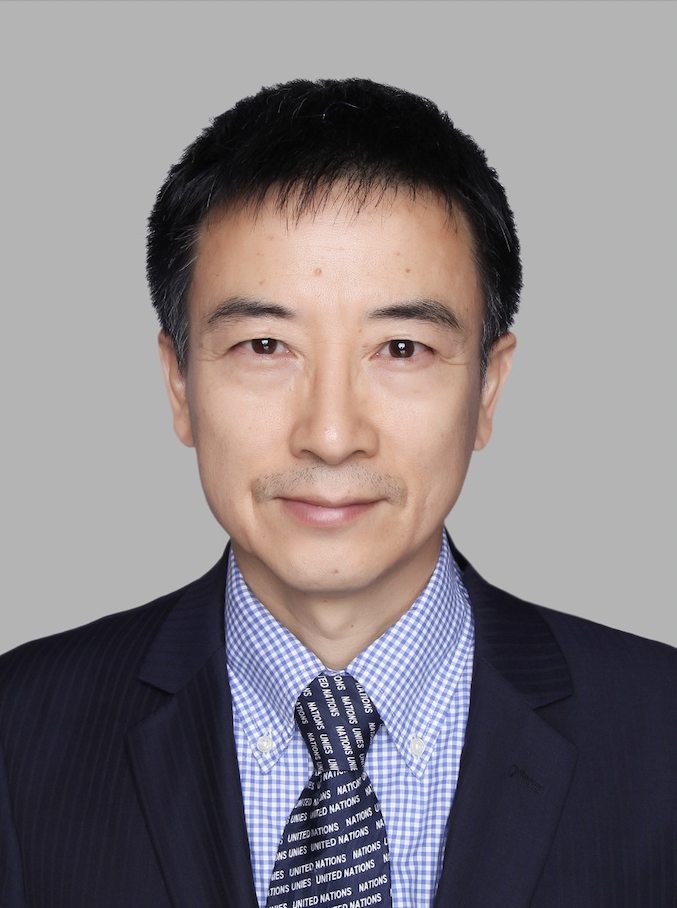
Prof. Michael Fang
A law professor at Nanchang University,a senior member of Complaw Committee of China Computer Federation (CCF) and an associated researcher at Cyberjustice Laboratory of Université de Montréal. He holds a JD from Washington University in St. Louis. Michael has been a leading advocate for the use of ODR as an appropriate and alternative process for dispute resolution in China since 2011. In September 2016, Michael Fang co-chaired the 16th international ODR forum held in Beijing which enabled many Chinese experts and leaders from various fields to discuss ODR issues with international ODR experts from different countries. In October 2016, Fang helped set up an ODR process for the International Commercial Mediation Center for the Belt and Road Initiative in Beijing and incorporated the UNCITRAL Technical Notes on ODR (Technical Notes) into the new mediation rule. Also, Fang has promoted ODR to resolve cross-border e-commerce transaction disputes at E-business Better Service (EBS) , a professional organization authorized by local government officials to build a better e-commerce environment in Shenzhen city.
Michael has also used his expertise and international experience to support the deliberations of the United Nations Commission on International Trade Law (UNCITRAL) Working Group. In 2015, Michael attended the 32nd session of UNCITRAL Working Group III (ODR). He participated in modifying the introduction of the Technical Notes and ensured that the introduction included ODR elements such as “impartiality, independence, speedy (it was replaced by ‘secure’ in the final session, see below), efficiency, effectiveness, fairness, fast, accountability, independence, simple and transparency” (thus making the acronym for ODR elements “I SEE FAST” ). In 2016, Michael Fang attended the 33rd or the final session of the UNCITRAL Working Group III , serving “double duty” as an observer for the National Center for Technology and Dispute Resolution (NCTDR) and the China Society of Private International Law (CSPIL). Michael Fang succeeded in making a proposal entitled ” [s]uggestion of introduction of the term ‘ security’ into the outcome document reflecting elements and principles of an ODR process”. In 2022, as a member of Inclusive Global Legal Innovation Platform on Online Dispute Resolution(iGLIP on ODR), Michael attended the UNCITRAL Colloquium on Possible Future Work on Dispute Settlement, taking part in the discussion on developing a possible international legal instrument on « Access to Justice and the Role of Online Dispute Resolution » which was submitted by iGLIP on ODR.
Mrs. Simmi K. Sandhu
Simmi K. Sandhu is Chair of the Civil Resolution Tribunal of BC effective August 15, 2022. She is also currently a Judge of the United Nations Appeal Tribunal having been appointed by the General Assembly of the United Nations in 2018.
She is trained as a lawyer and was called to the BC Bar in 1990. Her areas of private practice included administrative law, civil litigation, corporate/commercial law and real estate transactions.
In addition, she has extensive experience in quasi-judicial proceedings, having acted as a chairperson of the Board of Referees for over six years. She also has training and experience in conflict resolution and mediation.
Prior to the CRT, she was appointed Chair and CEO of the Property Assessment Appeal Board from 2015 to 2022, having been Vice Chair of the Board from 2001-2015. She was also Vice Chair of the Surface Rights Board until 2021.
Simmi was past President and Director of the British Columbia Council of Administrative Tribunals (BCCAT) and is currently an instructor for BCCAT. She has instructed many adjudicators on administrative law, hearing skills and decision writing, including the Benchers of the Law Societies of BC and Alberta, as well as members of the Civil Resolution Tribunal, BC Utilities Commission, Simon Fraser University, et al.
In 2014, Simmi was awarded BCCAT’s Award for Exceptional Service to the Administrative Tribunal Community. She also served as a member of the Canadian Bar Association’s (BC Branch) Equality and Diversity Committee.
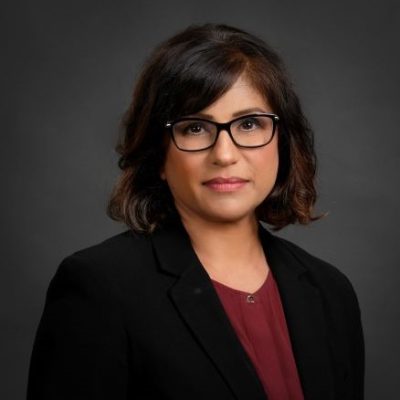
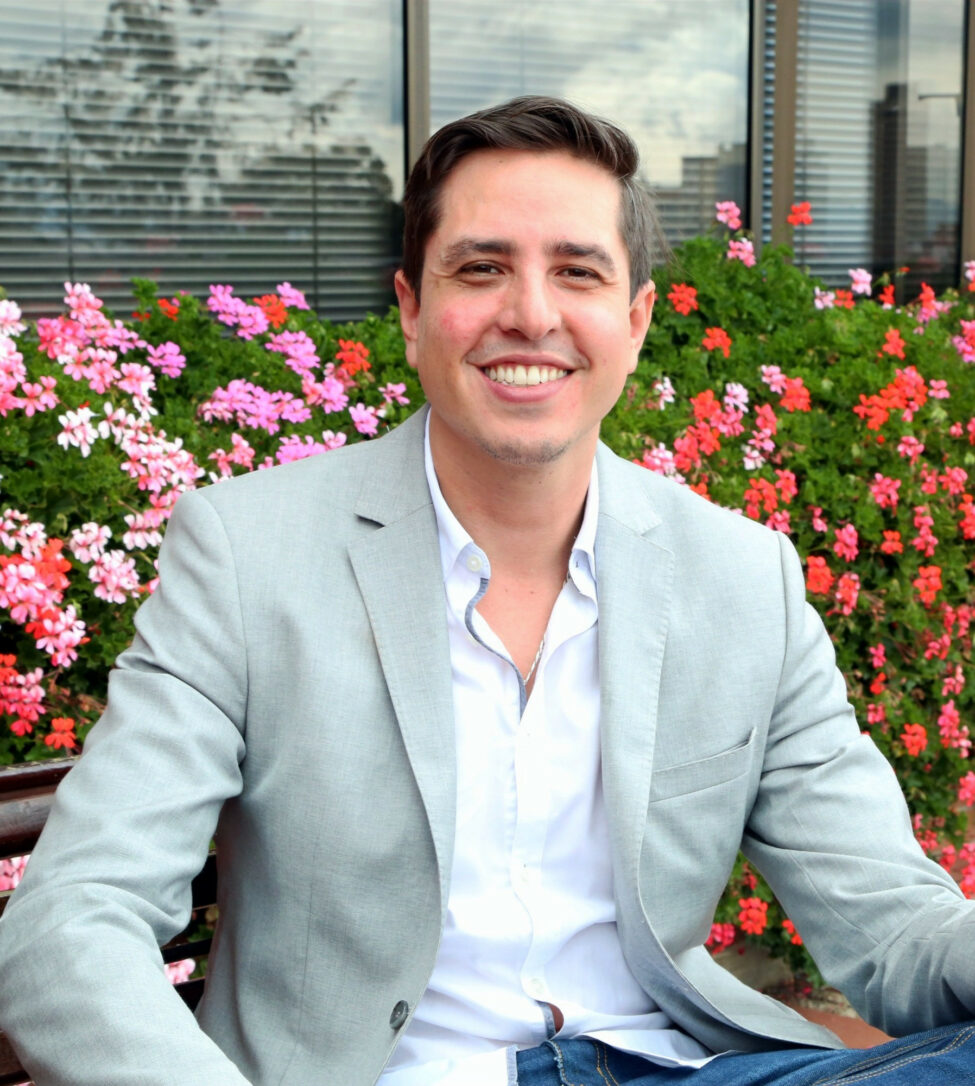
Prof. Nicolás Lozada-Pimiento
Nicolás Lozada-Pimiento is a Colombian attorney. He holds LL.M. degrees from New York University and the National University of Singapore. He teaches at Universidad Externado, Universidad De La Sabana, Universidad Javeriana, Universidad ICESI, among other Colombian universities.
Nicolás Lozada Pimiento is the CEO and innovation manager of REDEK and Creo, two ODR-based startups. He is also a partner at Rincón Cuellar & Asociados, where he has focused his practice in the areas of LegalTech, dispute resolution and international trade.
He also has held legal positions as a consultant and negotiator on trade in services and foreign investment at the Colombian Ministry of Trade, advisor on international affairs to the Colombian Minister of Justice, foreign consultant at the Latin American Arbitration Group of Freshfields Bruckhaus Deringer LLP (Washington D.C and Paris), and as attorney at the World Trade Organization (Geneva).
PANEL 3: ODR AND OTHER PUBLIC BODIES
THE PANELISTS
Prof. Lukas Vanhonnaeker (Moderator)
Lukas Vanhonnaeker is an Assistant Professor at the Faculty of Law of the University of Montreal, where he conducts research in the field of international economic law with a focus on international commercial transactions law and international investment law. His research also addresses alternative dispute resolution modes in the context of international commerce.
Professor Vanhonnaeker completed his Bachelor of Law at the Universitaires Saint-Louis Faculties (Brussels, Belgium) and his Master of Law at the Catholic University of Louvain (Belgium). Before arriving at McGill, he obtained his LL.M. in international business law from the Free University of Brussels. At McGill, he completed an LL.M. and subsequently earned his doctorate before becoming a postdoctoral researcher.
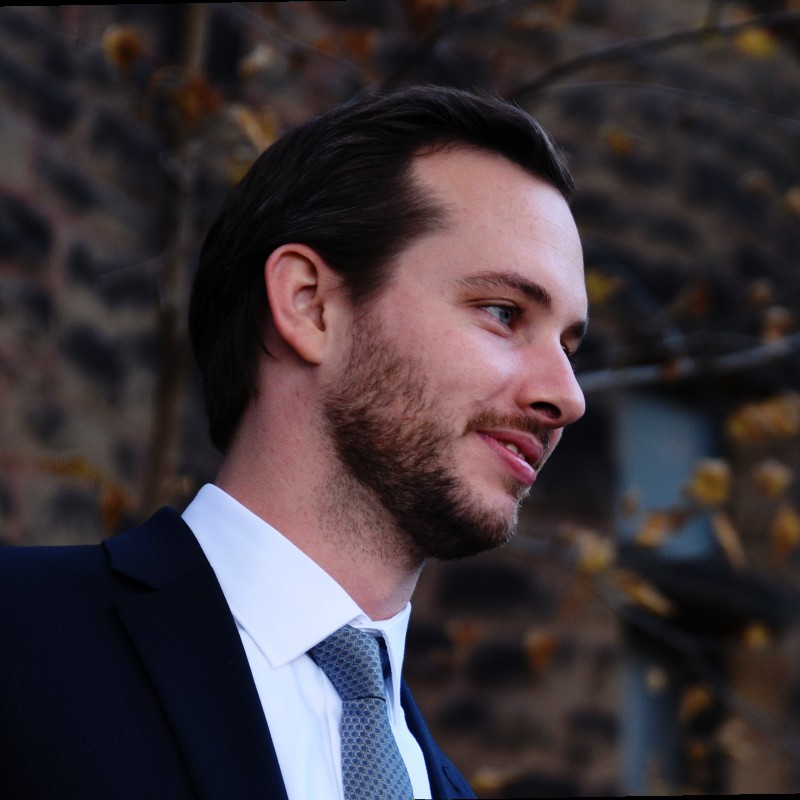
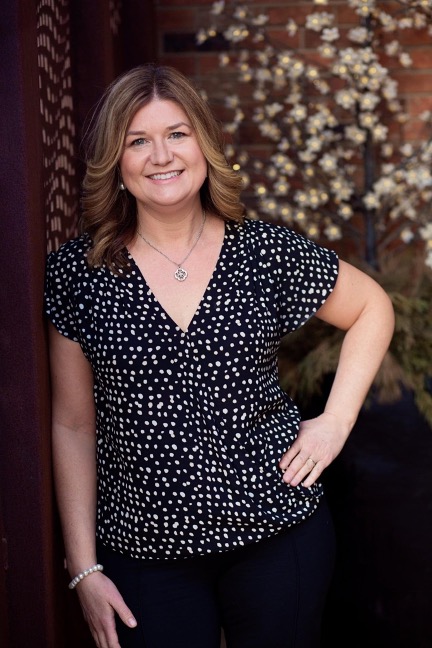
Mrs. Lora Bansley
Lora was appointed as the Registrar of the Court of King’s Bench for Saskatchewan in July of 2023. Prior to that Lora was the Director of the e-Justice program at the Saskatchewan Ministry of Justice and Attorney General, working on projects to transform and modernize dispute resolution through the implementation of online information and online dispute resolution. This includes providing free legal information and self-help tools, and as appropriate for the dispute type, early collaborate dispute resolution through online negotiation, facilitation, and mediation. The e-Justice team participated in the Consumer Disputes Online Dispute Resolution Project that was implemented in the Spring of 2023. The project was recently selected as a recipient of the Deputy Minister to the Premier Awards of Excellence for Exemplary Service to the Citizen.
Lora is a legal professional of 25 + years with a passion and dedication to innovation that makes a difference for people and improves access to justice. Lora has over 15 years experience in business transformations involving technology, with a successful track record in conceptualizing, analyzing and implementing transformation initiatives. Lora received her LLB degree from the University of Saskatchewan in 1996 and was called to the Saskatchewan Bar in 1997.
Abstract: In this presentation, I will discuss my experience with implementing ODR in Saskatchewan. The presentation will cover considerations in choosing the first project and dispute resolution type to first implement ODR in your jurisdiction based on lessons learned. The presentation will provide an overview of the Consumer Disputes Online Dispute Resolution solution implemented in March of 2023 that has revolutionized how consumers and businesses manage disputes, including the process for a consumer or business to resolve a dispute in the solution. The presentation will conclude with sharing the tangible benefits experienced since the launch including the early statistics that have been collected.
Mrs. Ilona Bois-Drivet
Ilona Bois-Drivet is a lawyer (Bar 2020) and analyst attached to the Cyberjustice Laboratory. As a consultant for several digital transformation projects in the legal field, Ilona possesses both practical and theoretical knowledge of the legal issues raised by major information technology projects in partnership with public organizations. Notably, Ilona collaborated with the Government of Saskatchewan to implement the overall strategy of the e-Justice program. She also participated in the online consumer dispute resolution project in Saskatchewan, which was launched in Spring 2023. More recently, Ilona acted as project manager for the new version of the PARLe platform for the Consumer Protection Office, which will be launched in mid-October.
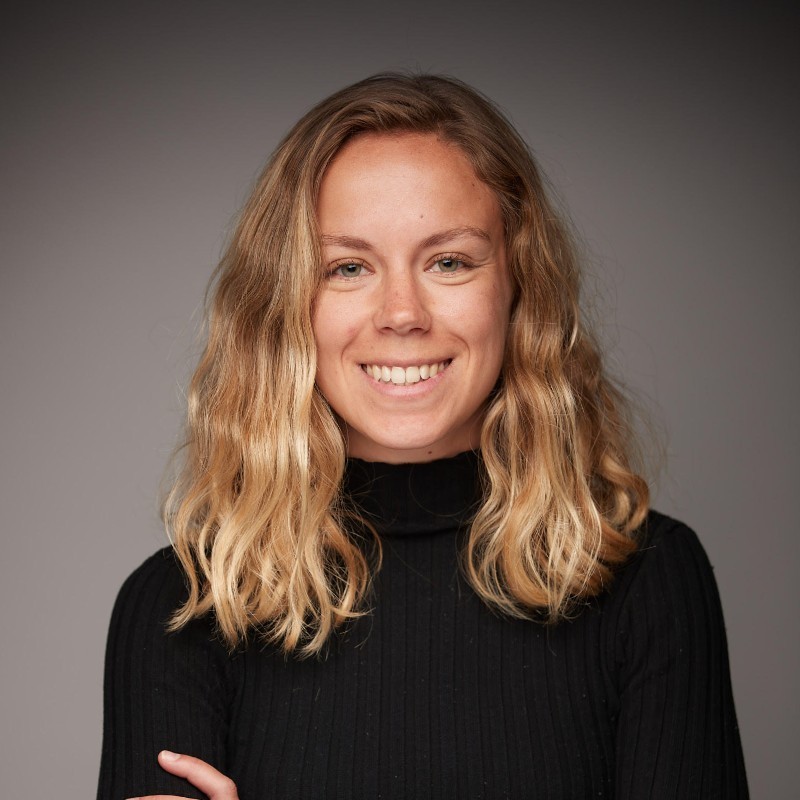
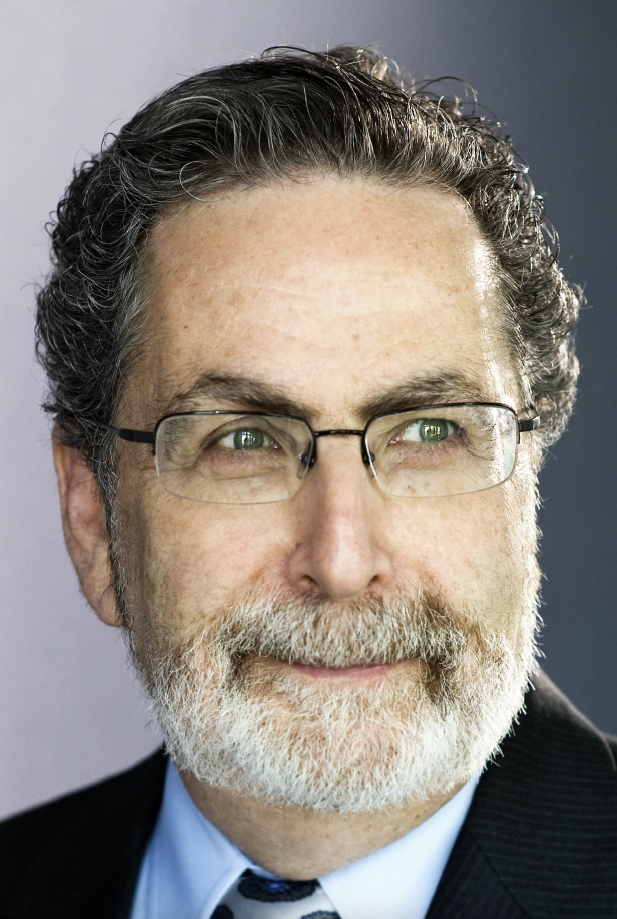
Prof. Ethan Katsh
Ethan Katsh is widely recognized as the founder of the field of online dispute resolution (ODR). Along with Janet Rifkin, he co-founded the National Center for Technology and Dispute Resolution and together they wrote Online Dispute Resolution: Resolving Conflicts in Cyberspace (2001), the first book about ODR. Since then, he has published numerous articles about ODR and co-edited Online Dispute Resolution: Theory and Practice (2nd ed., 2021). The frequently mentioned metaphor of technology as a “Fourth Party” was first proposed in Katsh and Rifkin’s Online Dispute Resolution (2001). Most recently, he wrote, with Orna Rabinovich-Einy, Digital Justice: Technology and the Internet of Disputes.
Professor Katsh was the Recipient of 2017 D’Alemberte-Raven Award from the American Bar Association Section of Dispute Resolution. He is a graduate of the Yale Law School and was one of the first legal scholars to recognize the impact new information technologies would have on law. Professor Katsh has served as principal online dispute resolution consultant for the US Office of Government Information Services (OGIS), a federal agency mandated to provide mediation in Freedom of Information Act disputes. During 2010-2011, he was the Fulbright Distinguished Chair in the Humanities and Social Sciences at the University of Haifa (Israel).He has been Visiting Professor of Law and Cyberspace at Brandeis University and In 2014-2015, he was an Affiliate of Harvard University’s Berkman Klein Center for Internet and Society.
PANEL 4: ODR LESSONS LEARNED – EVALUATION IN COURTS AND OTHER PUBLIC BODIES
THE PANELISTS
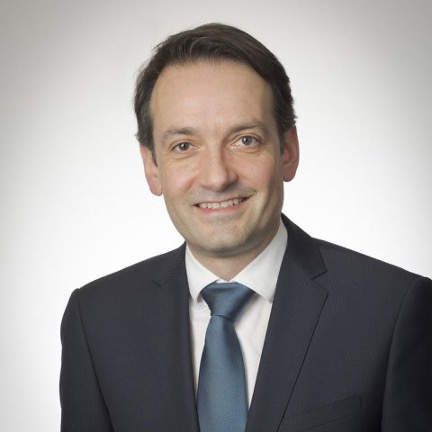
Justice Jean-François Roberge (Moderator)
Jean-François Roberge has been a judge at the Court of Québec since September 2020. Prior to that date, he was Professor and Director of the Dispute Prevention and Resolution (PRO) programs at the Université de Sherbrooke’s Faculty of Law. He holds a doctorate in law (LL.D.), a master’s degree in psychology (M.SC.) and a master’s degree in dispute resolution (L.L.M.). Prior to his appointment to the bench, he was a lawyer, a member of the Quebec Bar and an accredited mediator with the Institut de médiation et d’arbitrage du Québec (IMAQ). During his professorial career, Judge Roberge was a member of the Advisory Committee on Trade Disputes of the North American Free Trade Agreement (NAFTA) and served as Chairman of the Board of Directors of the Centre de justice de proximité de la Montérégie. He has been – and continues to be – interested in the evolution of law and the administration of justice. He is co-founder of the Groupe pour la prévention et le règlement des différends (G-PRD) research laboratory, and has been a research associate at the Cyberjustice Laboratory and on the Accès au droit et Accès à la Justice (ADAJ) project at the Université de Montréal’s Centre de recherche en droit public (CRDP). He won the Best Doctoral Thesis Award in 2007 and the Université de Sherbrooke’s Research and Creation Award in 2017. Judge Roberge is a specialist in conciliation and judicial mediation. He was hired by the National Judicial Institute of Canada (NJI) to train judges in Quebec and other Canadian provinces. For several years, he participated in training sessions on judicial conciliation and mediation delivered by France’s École nationale de la magistrature (ENM). He has also directed training programs in civil and commercial mediation in many West African countries.
Prof. Ayelet Sela
Prof. Ayelet Sela is an assistant professor at Bar-Ilan University Faculty of Law, where she is also a founding member of the BIU LawData Lab. During 2023-2024 Sela is also the Civil Justice Innovation Fellow at Stanford Law School’s Deborah L. Rhode Center on the Legal Profession. Her scholarship and teaching revolve around dispute system design, law and technology, courts, and empirical legal studies. Her recent academic work focuses on procedural design, procedural justice and access to justice in online courts and tribunals as well as in hybrid (remote) proceedings. She is particularly interested in exploring how the justice system can best serve self-represented individuals in these contexts. In addition, Dr. Sela collaborates with data scientists on the application of machine learning methods to legal data and studies questions related to the use of AI tools in governance mechanisms and judicial contexts. Sela holds a JSD and JSM from Stanford Law School, and an LL.B from the Hebrew University in Jerusalem.
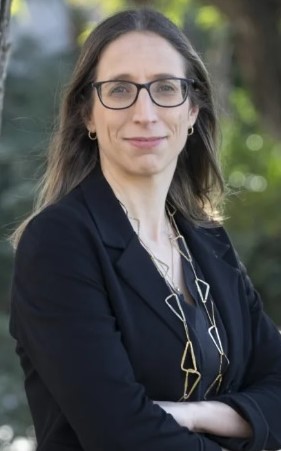

Dr. Frank Fowlie
Dr. Frank Fowlie is the Deputy Chair of the Commonwealth Games Federation Ethics Commission. He served as Commissioner with Athletics Canada. Frank was Vice Chair of the Canadian Sport Institute, Pacific.
Dr. Frank Fowlie served as the Independent Mediator with the Organization for the Prohibition of Chemical Weapons (2015-2016) and as the Ombudsman at the International Organization for Migration (IOM) (2012-2015). He was the inaugural Ombudsman at the Internet Corporation for Assigned Names and Numbers. ICANN is the agency which administers the global domain name system which serves as the backbone for the Internet (2004 – 2011). Frank is a mediator with the Green Climate Fund based in Korea.
Frank also served as a Capacity Building Consultant with the World Bank in Pakistan, specifically working with the Ombudsman of the Province of Balochistan (2015). Frank was on the Mediation Roster with the Court of Arbitration for Sport (2013 – 2019) and served six years as a Director of the Sport Dispute Resolution Centre of Canada (2009-2015). Frank served as the Chef de Mission for the Individual Olympic Athletes from East Timor at the 2000 Sydney Olympic Games.
Frank holds a Doctor of Conflict Resolution (DCR) from La Trobe University, Melbourne, and is a Fellow with the Centre for Information Technology and Dispute Resolution at the University of Massachusetts – Amherst. Frank holds the designation of Chartered Mediator. Frank was awarded the Canadian Peacekeeping Service Medal for his work with the UN in East Timor. In 2010 Frank was awarded the Lifetime Achievement Award from the University of Regina Alumni Association. Frank began his career as a member of the Royal Canadian Mounted Police. He is presently a Member of the Refugee Protection Division of the Immigration and Refugee Board of Canada.
KEYNOTE: MODERN AI AS A TOOL AND BEYOND
THE SPEAKER
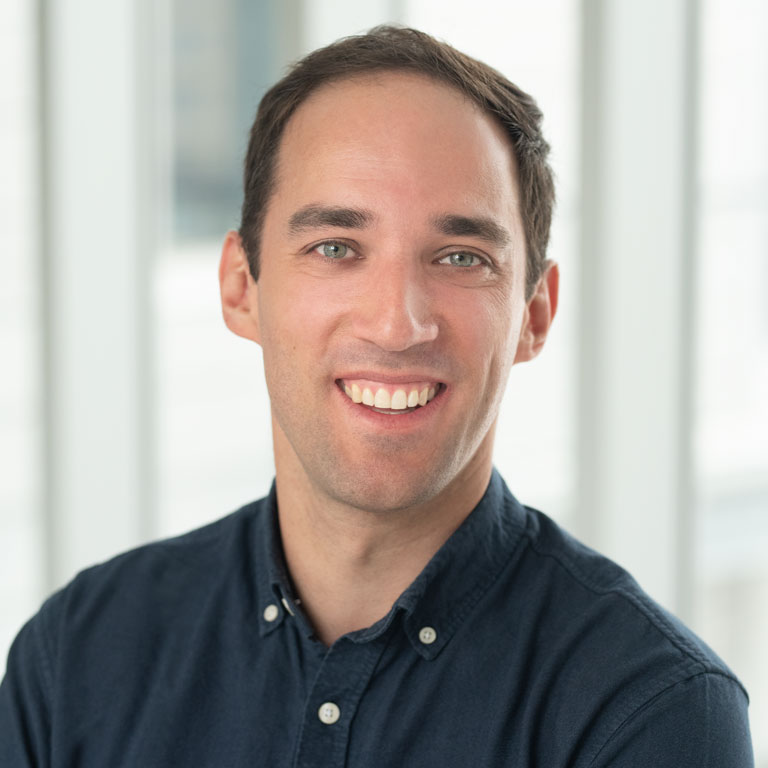
Prof. Laurent Charlin
[Current] Associate Professor at HEC Montréal (U. Montreal’s business school).
Assistant Professor at HEC Montréal.
Postdoc at McGill University. Advised by Joelle Pineau.
Postdoc at Princeton University and Columbia University. Advised by David Blei.
Ph.D. in the machine learning group at the University of Toronto. Advised by Richard Zemel and Craig Boutilier.
Master’s at the University of Waterloo. Advised by Pascal Poupart.
PANEL 5: ROUND TABLE ON THE IMPACT OF AI ON ODR
THE PANELISTS
Dr. Leah Wing (Moderator)
Dr. Leah Wing is Director of the National Center for Technology and Dispute Resolution (NCTDR) and Senior Lecturer II, Legal Studies Program, Department of Political Science, University of Massachusetts Amherst, USA. Leah is co-founder and Board President of the International Council for Online Dispute Resolution (ICODR). She heads the Ethical Principles for Online Dispute Resolution initiative of NCTDR and co-led the development of ODR Standards for NCTDR and ICODR. Leah is a member of the International Organization for Standardization Working Group on Online Dispute Resolution. She has taught dispute resolution since 1993 and has served as a researcher on early experiments in online dispute resolution. Her present research projects focus on ethics and ODR, crowdsourcing and spatial justice, and technological responses to digital harm doing. Leah serves on the editorial boards of the International Journal of Online Dispute Resolution and Conflict Resolution Quarterly, has served two terms on the Association of Conflict Resolution Board of Directors, and is on the advisory board of ODREurope. A mediation trainer and consultant, Leah has worked with hundreds of agencies and organizations both in the U.S. and internationally. Her recent publications include:
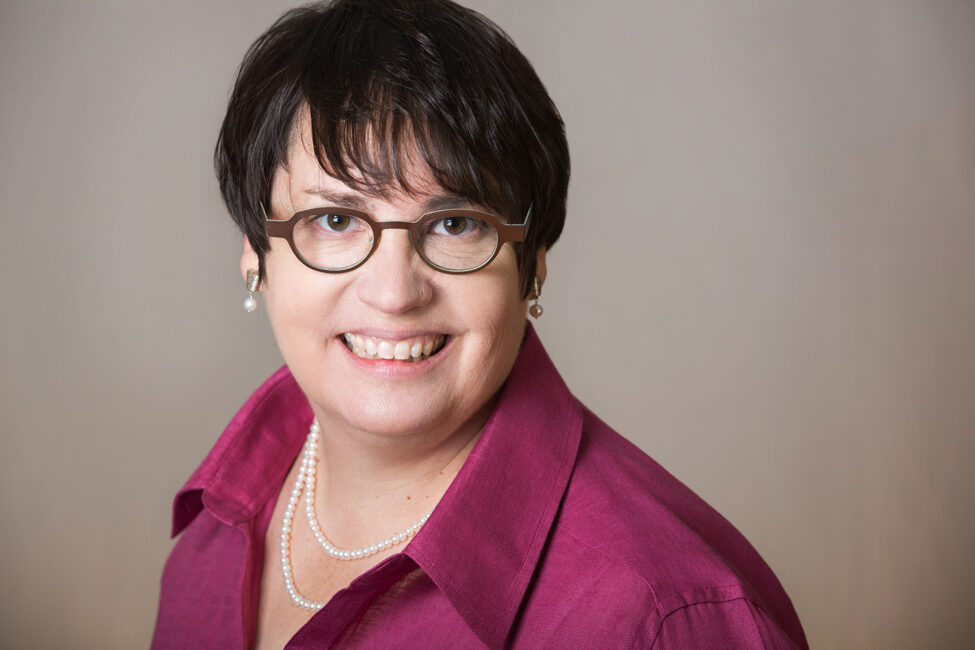
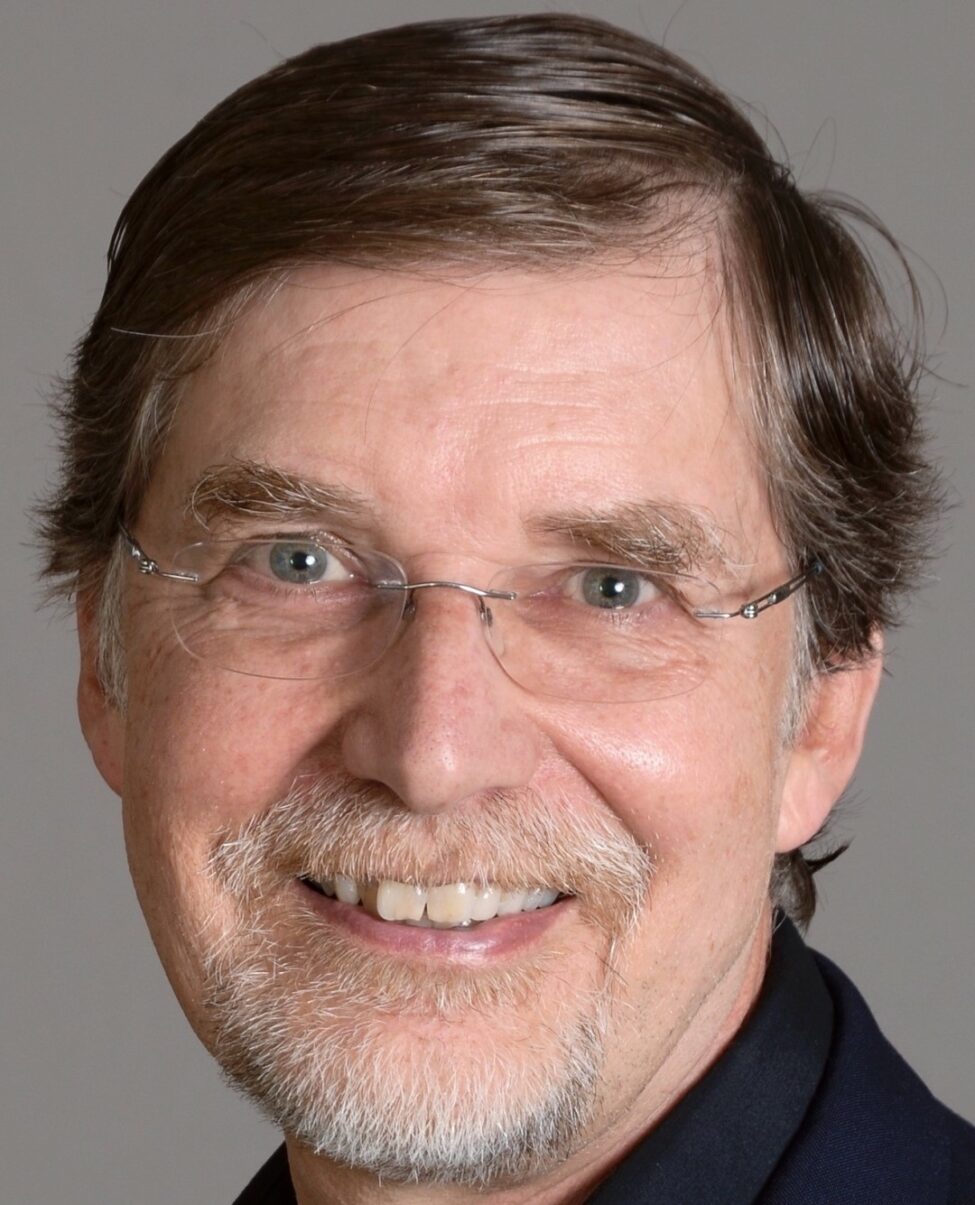
Dr. Karl Branting
Dr. Karl Branting is Chief Scientist in the Human Language Technology department of The MITRE Corporation. Dr. Branting’s current research focuses on applying artificial intelligence and computational linguistics to improve access to justice for self-represented litigants. Dr. Branting received a Ph.D. in computer science from the University of Texas at Austin, a J.D. from Georgetown University, and a B.A., magna cum laude in philosophy, from the University of Colorado. Dr. Branting was the president of the International Association for Artificial Intelligence and Law (2004-2005) and was a United States Supreme Court Fellow (2001-2002).
Dr. Hannes Westermann
Hannes Westermann is a researcher in the field of artificial intelligence and law at the Cyberjustice Laboratory at Université de Montréal. He recently obtained his PhD from Université de Montréal, focused on the JusticeBot, an online platform that aims to improve public access to justice through the use of artificial intelligence. Since launching in July 2021, JusticeBot has been accessed by over 20,000 users. Hannes has published and presented his research on applying machine learning and natural language processing to legal documents at multiple international conferences, including the “International Conference on Artificial Intelligence and Law (ICAIL)” 2019, 2021 and 2023, and the “International Conference on Legal Knowledge and Information Systems (JURIX)” 2019 – 2022.
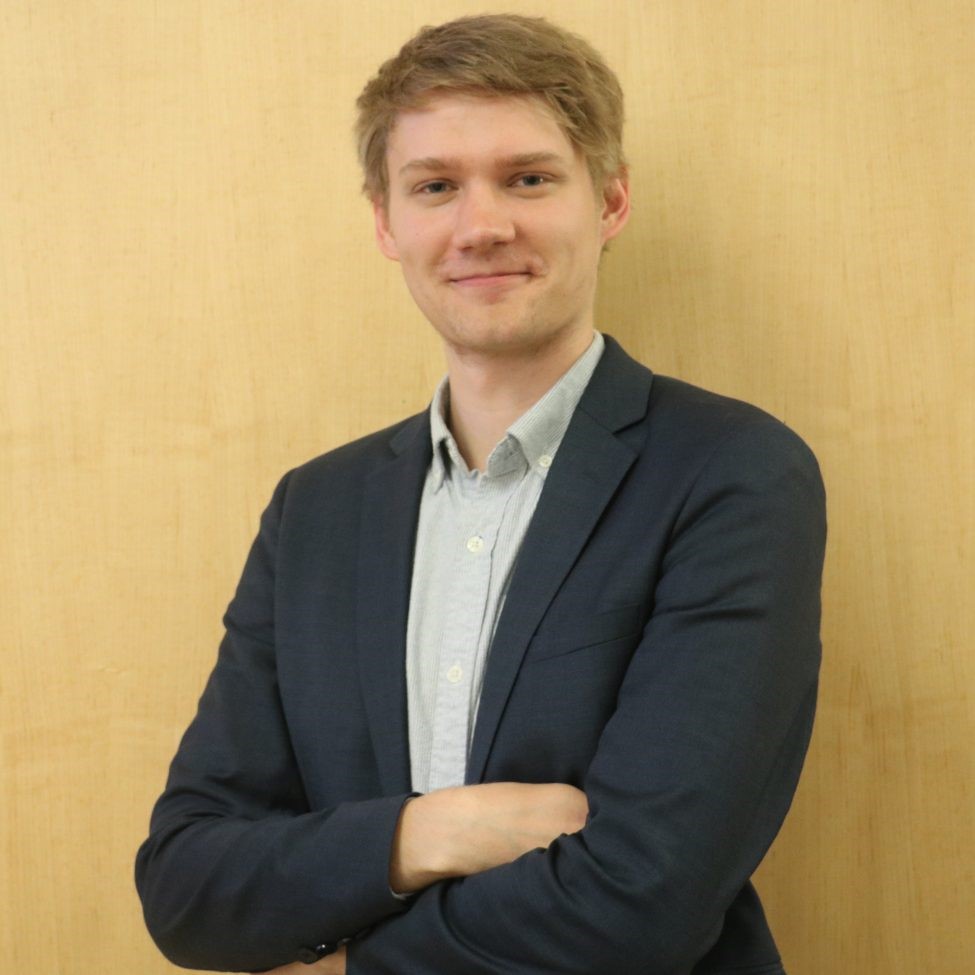

Mr. Robert Bergman
A total of 60 years of experience in decision sciences, software engineering, business strategy simulation, defense, Scenario Planning, System Dynamics Modeling, AI, and market research. Mr. Bergman’s background and years of experience of applying quantitative decision methodologies at Intel to improve international standards, negotiations and strategic business decisions bring a unique perspective to the practice of mediating disputes.
PANEL 6: ODR, AI AND STANDARDS
THE PANELISTS
Mr. Daniel Rainey (Moderator)
Daniel Rainey is a principal in Holistic Solutions, Inc. (HSI ), and an adjunct faculty member in graduate dispute resolution programs and law schools. He is currently a Fellow of the National Center for Technology and Dispute Resolution, a member of the Board of Directors for the InternetBar.Org, and a founding member and founding Board Member, and Chair of the Governance Committee of the International Council for Online Dispute Resolution (ICODR). He served as the Co-Chair of Working Group 3 of the ODR Task Force for the American Bar Association Section of Dispute Resolution, and Co-Chair of the International Mediation Institute’s Online Mediator Competency Task Force. He is an immediate past member of the Supreme Court of Virginia’s Access to Justice Commission, Self-Represented Litigants Committee, and he was recently added as a participant observer to the Uniform Law Commission’s Study Committee on the Singapore Convention. He is one of the Editors-in-Chief of the International Journal of Online Dispute Resolution. He is also an author/editor of the award-winning book, Online Dispute Resolution Theory and Practice (2nd edition published in 2021), and numerous other book chapters and articles about ODR and ADR. In 2022, his latest book, Integrating Technology Into Your Dispute Resolution Practice: Making Friends with the Fourth Party, was released by Eleven International Publishers. In September, 2017, he retired as the Chief of Staff for the National Mediation Board, and in October, 2017, at the Association for Conflict Resolution annual conference, he received the Mary Parker Follett Award for innovation in dispute resolution.
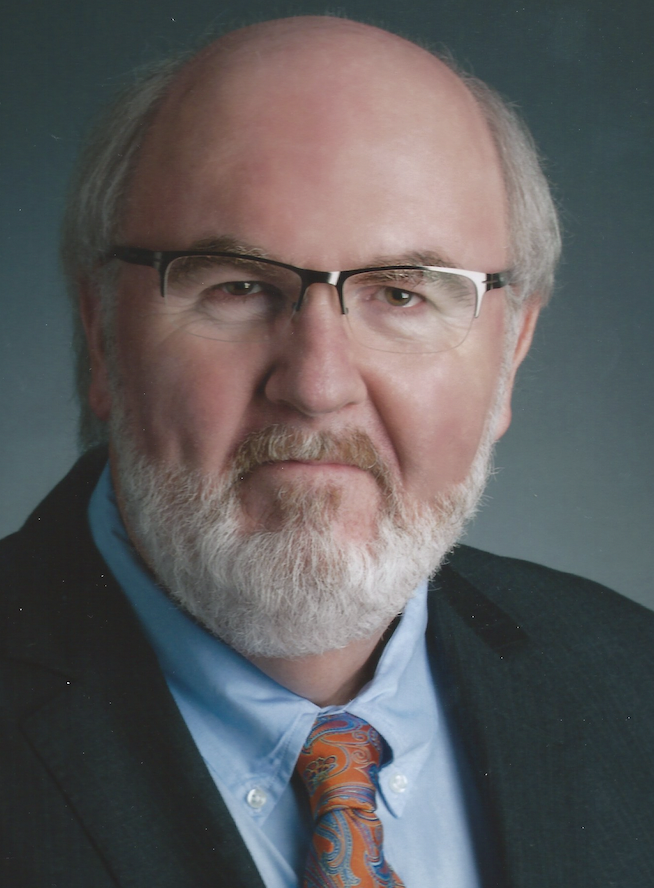

Dr. Leah Wing
Dr. Leah Wing is Director of the National Center for Technology and Dispute Resolution (NCTDR) and Senior Lecturer II, Legal Studies Program, Department of Political Science, University of Massachusetts Amherst, USA. Leah is co-founder and Board President of the International Council for Online Dispute Resolution (ICODR). She heads the Ethical Principles for Online Dispute Resolution initiative of NCTDR and co-led the development of ODR Standards for NCTDR and ICODR. Leah is a member of the International Organization for Standardization Working Group on Online Dispute Resolution. She has taught dispute resolution since 1993 and has served as a researcher on early experiments in online dispute resolution. Her present research projects focus on ethics and ODR, crowdsourcing and spatial justice, and technological responses to digital harm doing. Leah serves on the editorial boards of the International Journal of Online Dispute Resolution and Conflict Resolution Quarterly, has served two terms on the Association of Conflict Resolution Board of Directors, and is on the advisory board of ODREurope. A mediation trainer and consultant, Leah has worked with hundreds of agencies and organizations both in the U.S. and internationally. Her recent publications include:
Mr. Scott Cooper
Scott Cooper was most recently VP for Policy and Government Relations at the American National Standards Institute (ANSI). He had responsibility for managing the development of ANSI policy positions and acts as liaison to Congress, as well as Federal and State legislative and executive agencies. He was active in initiating programs on global supply chain governance for issues such as worker safety, lead-free toys, food safety, global anti-corruption and counterfeiting initiatives,, and in the development of robust, cheap and efficient home cookstoves for use in Asia, Africa and Latin America.
Previously, he was government affairs manager in the Washington D.C., office of Hewlett-Packard, responsible for global electronic commerce, and internet and advanced network services issues for HP. Scott worked closely on U.S. legislation dealing with nanotechnology, electronic signatures and authentication, telephone competition, Internet taxes and consumer protection issues, such as privacy. He reported directly ( dotted line), to CEO Carly Fiorina. Before HP, Scott was director of Electronic Commerce at the American Electronics Association (AEA), and manager of Telecommunications Policy at Intel. He also worked for 14 years for the U.S. Congress. At the House Enery & Commerce Committee, he had responsibility for the Federal Trade Commission (FTC), the Federal Communications Commission (FCC), and the Interstate Commerce Commission (ICC).
Scott taught and consulted for the University of Massachusetts in Amherst and the George Washington University, School of International Business. . From 1973-75 Scott built schools in the Andes Mountains of Ecuador for the Peace Corps. His undergraduate degree is in economic history from UC Berkeley, and his Masters in political science is from George Washington. Scott remains active on issues such as refugees, privacy and AI.
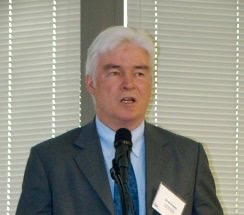
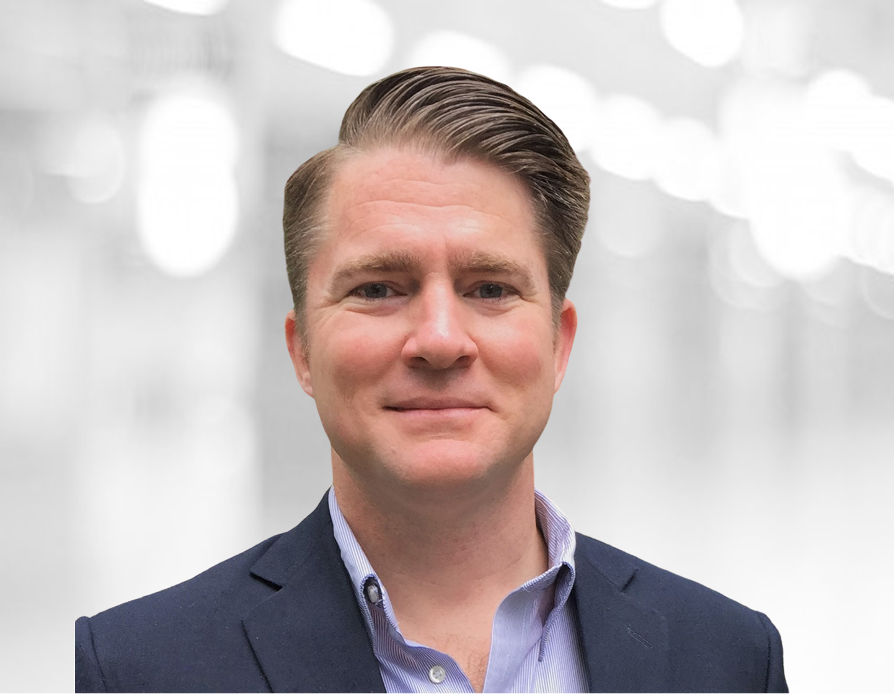
Dr. Chris Draper
Chris Draper, Ph.D., P.E., helps humans make fewer errors when using technology. This expertise was gained through a career of analyzing and reducing the operational risk of how humans interface with technology systems. Chris currently serves as Chief Technology Officer (CTO) of Third Coast Commodities, a firm that produces, trades, and ships materials which become products like renewable diesel. In that role he is responsible for all aspects of designing, implementing, and overseeing the technology facilitating its operational and legal obligations. Chris concurrently serves as Founding Advisor for ESG RACs guiding development of its ESG compliance validation and value trading platform. His most recent experience with innovative technology systems includes the development and operation of dispute resolution systems for the legal, court, and educational spaces as Managing Director with Trokt of Des Moines, Iowa; and as a Venture Partner contributing to the FrontierTech evaluation team with VU Venture Partners in San Francisco, California. Chris currently provides strategic leadership within a wide rage of communities as Commissioner for Plan and Zoning in the City of Des Moines, Iowa; Fellow with the National Center for Technology and Dispute Resolution; and Visiting Scholar with the Indiana University Ostrom Workshop. His publications range from the application of catastrophe modelling in operational risk assessment to labor advocacy in the gig economy, and standards for online dispute resolution system design to the ethical application of artificial intelligence in high-consequence process-dependent systems.
Chris received a Bachelor of Science in Mechanical Engineering from the University of California at Berkeley and a Doctor of Philosophy from the University of Glasgow.
His LinkedIn profile can be found at: https://www.linkedin.com/in/christopherhdraper
PANEL 7: ODR AND AI – CHALLENGES AND OPPORTUNITIES
THE PANELISTS
Prof. Nicolas Vermeys (Moderator)
Nicolas Vermeys, LL. D. (Université de Montréal), LL. M. (Université de Montréal), CISSP, is the Director of the Centre de recherche en droit public (CRDP), the Associate Director of the Cyberjustice Laboratory, and a Professor at the Université de Montréal’s Faculté de droit.
Mr. Vermeys is a member of the Quebec Bar, as well as a certified information system security professional (CISSP) as recognized by (ISC)2, and is the author of numerous publications relating to the impact of technology on the law, including Droit codifié et nouvelles technologies : le Code civil (Yvon Blais, 2015), and Responsabilité civile et sécurité informationnelle (Yvon Blais, 2010).
Mr. Vermeys’ research focuses on legal issues pertaining to artificial intelligence, information security, developments in the field of cyberjustice, and other questions relating to the impact of technological innovations on the law. He is often invited to speak on these topics by the media, and regularly lectures for judges, lawyers, professional orders, and government organizations, in Canada and abroad.
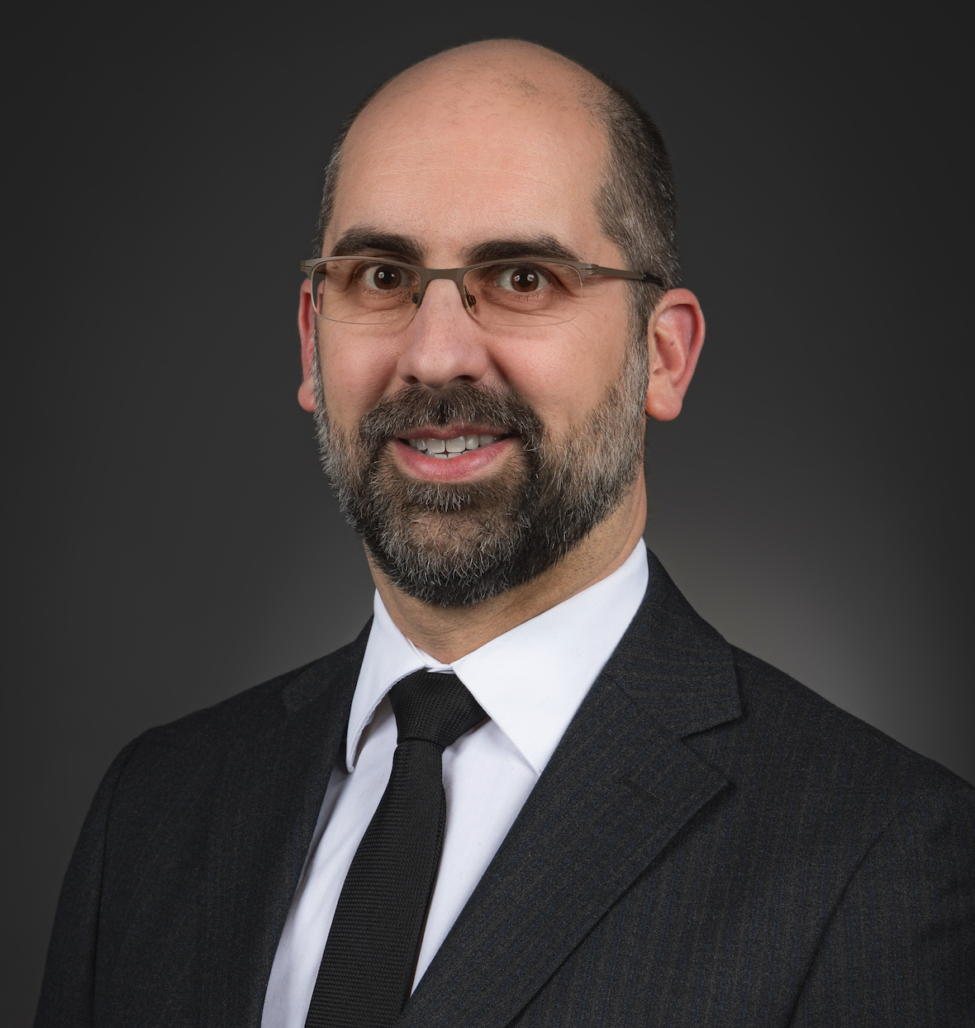
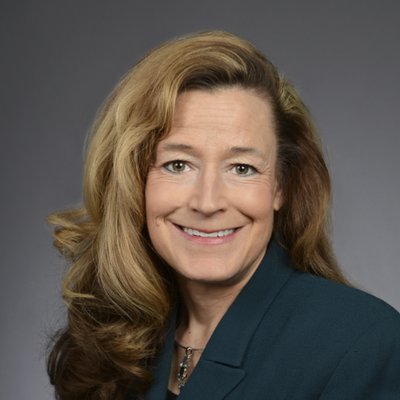
Prof. Amy Schmitz
Professor Amy J. Schmitz is a full professor at The Ohio State Moritz College of Law and Program on Dispute Resolution as the John Deaver Drinko-Baker & Hostetler Endowed Chair in Law and a Co-Director of the Translational Data Analytics Institute (TDAI) for Responsible Data Science at The Ohio State University. She is also affiliated with The Ohio State Program on Data Governance and is a Co-PI with the Divided Community Project. Before teaching at Ohio State, Professor Schmitz taught at the University of Missouri School of Law and Center for Dispute Resolution as the Elwood L. Thomas Missouri Endowed Professor of Law, starting in 2016. Previously she was a Professor at the University of Colorado School of Law for over 16 years. Prior to teaching, Professor Schmitz practiced law with large law firms in Seattle and Minneapolis and served as a law clerk for the U. S. Court of Appeals for the 8th Circuit. Professor Schmitz teaches courses in Contracts, Lawyering and Problem-Solving, Online Dispute Resolution (ODR), Arbitration, International Arbitration, Social Media and Conflict, and Consumer Law. She has been heavily involved in Arbitration and ODR teaching and research for a long time and is a Fellow of the National Center for Technology and Dispute Resolution, as well as the Co-Chair of the ABA Technology Committee of the Dispute Resolution Section and the ODR Task Force. Professor Schmitz is also an elected member of the American Law Institute and the 2023 winner of the Association of American Law Schools Technology, Law and Legal Education Section Award.
Professor Schmitz has delivered over 170 presentations and hosts The Arbitration Conversation, a highly regarded webcast that moved to a podcast after reaching 115 episodes. She also is a researcher with the ACT Project exploring AI and dispute resolution at the Cyberjustice Lab in Montreal, Canada, and is heavily involved in discussions and research around technology and access to justice. She has published over 65 articles in law journals and books, is a co-author of the leading casebook, Resolving Disputes: Theory, Practice and Law (Aspen 2021), the new book with Stipanowich, Arbitration: Theory, Practice and Law (Aspen 2022) and a book with C. Rule, The New Handshake: Online Dispute Resolution and the Future of Consumer Protection (ABA 2017). She has received the prestigious CPR Award for one of her articles as well as the CPR Book Award in 2023. Amy has been an Expert Consultant on two USAID Projects, and a Fulbright Specialist, and does research, teaching and presentations throughout the world.
Dr. Chris Draper
Chris Draper, Ph.D., P.E., helps humans make fewer errors when using technology. This expertise was gained through a career of analyzing and reducing the operational risk of how humans interface with technology systems. Chris currently serves as Chief Technology Officer (CTO) of Third Coast Commodities, a firm that produces, trades, and ships materials which become products like renewable diesel. In that role he is responsible for all aspects of designing, implementing, and overseeing the technology facilitating its operational and legal obligations. Chris concurrently serves as Founding Advisor for ESG RACs guiding development of its ESG compliance validation and value trading platform. His most recent experience with innovative technology systems includes the development and operation of dispute resolution systems for the legal, court, and educational spaces as Managing Director with Trokt of Des Moines, Iowa; and as a Venture Partner contributing to the FrontierTech evaluation team with VU Venture Partners in San Francisco, California. Chris currently provides strategic leadership within a wide rage of communities as Commissioner for Plan and Zoning in the City of Des Moines, Iowa; Fellow with the National Center for Technology and Dispute Resolution; and Visiting Scholar with the Indiana University Ostrom Workshop. His publications range from the application of catastrophe modelling in operational risk assessment to labor advocacy in the gig economy, and standards for online dispute resolution system design to the ethical application of artificial intelligence in high-consequence process-dependent systems.
Chris received a Bachelor of Science in Mechanical Engineering from the University of California at Berkeley and a Doctor of Philosophy from the University of Glasgow.
His LinkedIn profile can be found at: https://www.linkedin.com/in/christopherhdraper

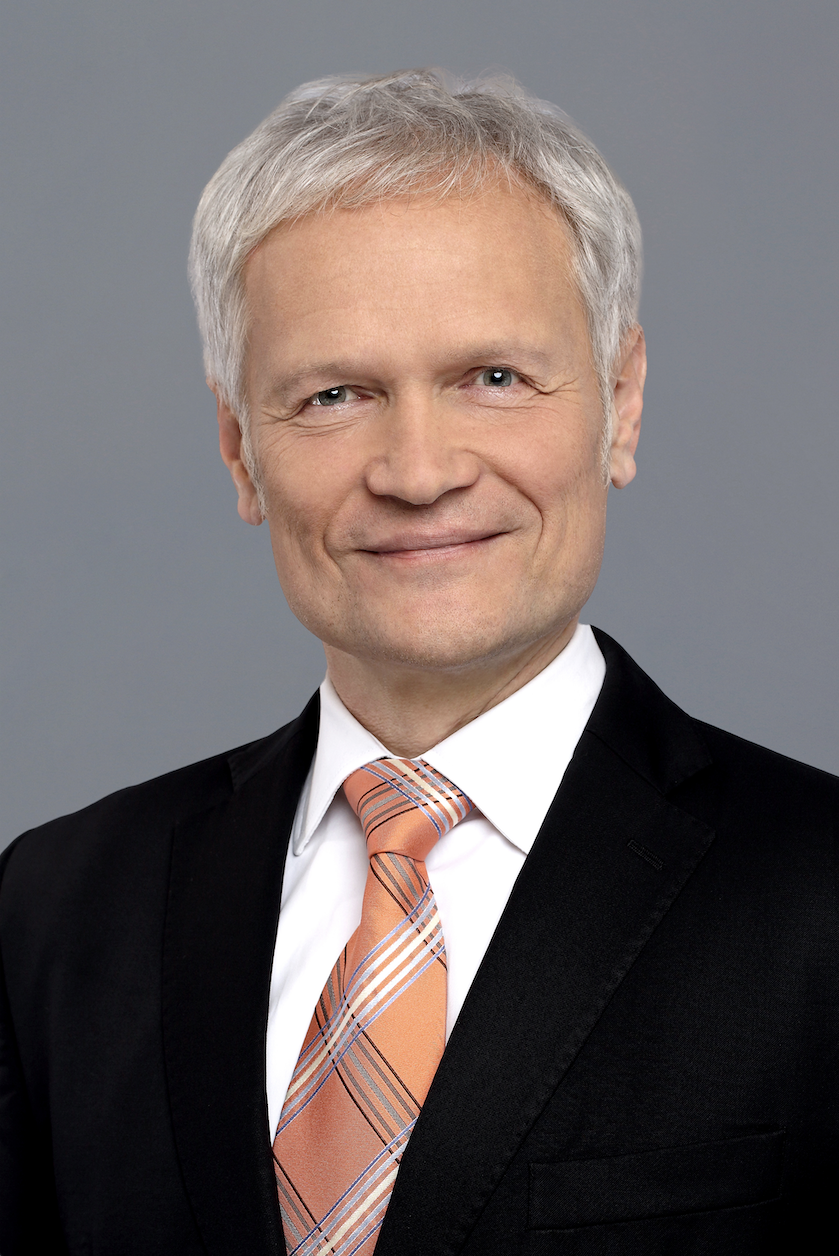
Mr. Zbyněk Loebl
Zbynek has managed the first e-justice projects in the Czech Republic, including a project on the preparation of the first online civil court or the project for introduction of online dispute resolution (ODR) into administrative process of resolving traffic fines cases. Zbynek has also initiated currently running EU-funded project Scheme. He also introduced an international concept of decentralized ODR called Open ODR (www.openodr.org).
Zbynek was founder of Youstice, a pioneering company for cross-border consumer ODR. Zbynek also managed an international team which implemented ODR for .eu-related disputes.
Zbynek is a fellow of The National Center for Technology and Dispute Resolution (NCTDR) and founding member of International Council for Online Dispute Resolution (ICODR).
Zbynek is an author of a book Designing Online Courts (The Future Of Justice Is Open To All), Kluwer Law International, 2019 and co-author of a book in Czech language Online soudnictví v České republice, Wolters Kluwer, 2021.
Mr. Michal Matejka
Michal Matejka is a Partner at PRK Partners specialising in IT law, intellectual and industrial property law, e-justice and ODR, commercial contract law, international trade and related dispute resolution.
Before joining PRK Partners in October 2018, Michal worked almost 17 years at Baker & McKenzie’s Prague office.
Michal graduated from the Faculty of Law of Charles University in Prague and the Faculty of International Relations at the University of Economics in Prague and passed the bar to become an attorney at law in 2008. In 2018 Michal obtained his qualification as an established European lawyer authorized to provide legal services within the territory of Slovakia.
Michal has extensive experience in representing global and multinational clients in judicial, contractual and regulatory matters. Michal has actively participated in the research activities related to the E-Justice ODR Scheme project for open digital mapping of e-justice ODR processes. He has co-managed with Zbynek Loebl the first e-justice projects in the Czech Republic, including a project on the preparation of the first online civil court or project on re-designing administrative procedures related to traffic fines. He regularly lectures on ICT and intellectual property law at the Faculty of Information Technology of Czech Technical University (ČVUT) and the Faculty of Law of Charles University in Prague. Michal is an expert for domain dispute resolution in UDRP proceedings and .cz domain disputes and the author of various scholarly publications and articles in specialist periodicals on topics in his practice areas.
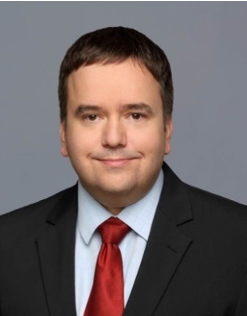
PANEL 7: ODR AND AI – CHALLENGES AND OPPORTUNITIES
THE PANELISTS

Prof. Vincent Gautrais
Vincent Gautrais is a Full Professor at the Université de Montréal’s Faculty of Law, as well as researcher at the Centre de recherche en droit public (CRDP). On June 1st 2015, he was appointed Chairholder of the L.R. Wilson Chair in Information Technology and E-Commerce Law. He teaches several courses in information technology law and business law. Since 1992, he has been doing research, writing books and articles, giving conferences on Electronic Business Law, Electronic Contracts, Cyber-consumption, Network Security, Dispute Resolution by and for the Internet, Intellectual Property and Privacy.
From June 1st, 2005 to May 31th, 2015, he has held the Université de Montréal Excellency Chair in Security and Internet Law. Prior to teaching at the University of Montréal, he was a Professor in the common law section at the University of Ottawa. He holds Licence and Master’s degrees from the Université de Rennes 1 in France and LLD, LLM and LLB degrees from the University of Montréal. His doctoral thesis was published in 2002 by Bruylant (Brussels), and is entitled “Le contrat électronique international”. Vincent Gautrais is also a lawyer, member of the Barreau du Québec.
Mrs. Aurore Troussel
Aurore graduated from the University of Paris II, Panthéon-Assas in European Business Law, and from HEC Paris in International Law and Management. She is a member of the Paris Bar and has practiced in international firms, in competition law, and in privacy, cybersecurity, and AI regulation. Aurore is a PhD candidate under the supervision of Prof. Karim Benyekhlef at Université de Montréal and Prof. David Restrepo-Amariles at HEC Paris. Her thesis focuses on dominant digital platforms and new forms of algorithmic law.
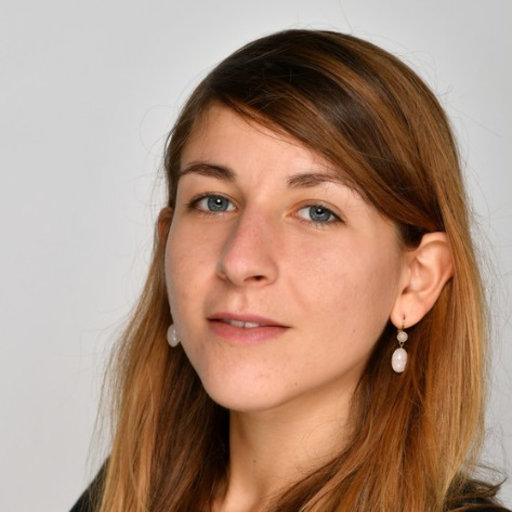

Mr. Mubarak Nurudeen
Mubarak Nurudeen is a Legal Practitioner and Researcher with a bias for dispute resolution and Corporate law. He completed his first law degree at the University of Ilorin, Nigeria and was admitted to the Nigerian Bar in 2019 and 2021 respectively. Mubarak gained valuable experience in the dispute resolution practice group at one of Nigeria’s prominent firms, Babalakin and Co; from 2021 to 2022. During this time, he provided adept guidance and managed disputes for a diverse clientele, including International Oil Companies (IOCs), Financial Institutions, and Telecom companies, representing them before superior courts and both ad hoc and institutional arbitral tribunals. He additionally extends his expertise to provide advisory services to a promising Nigerian technological startup, Droitware, in the areas of dispute management and regulatory compliance, thereby guiding the startup’s strategic decisions.
Presently, Mubarak is pursuing an LLM with specialization in Corporate and Finance Law, at the Moritz College of Law, The Ohio State University, U.S.A. He concurrently serves as a Student Legal Researcher at the Office of Technology, Digital Innovation and eLearning. In this capacity, he collaborates with the state authorization team to ensure compliance with federal, state and professional licensing board regulations and laws that impact the institution’s out-of-state educational and licensure program under the State Authorization Reciprocity Agreement (SARA).
Mr. Adrià Medina Altarriba
Adrià Medina i Altarriba grew up in a small rural town in Catalonia. He holds an LLB with a Minor in EU & International Law and a BA in International Relations from the Autonomous University of Barcelona (Spain). He is currently pursuing an LLM in Legal Practice at UAB, where he is an elected university cloister representative for the Faculty of Law, and he is also pursuing an LLM in Polar Law at the University of Akureyri (Iceland). Adrià received a merit-based grant; E+ Euro Lawyer Exchange by ICAB to conduct an internship in an EU-based law firm outside of Spain, having been allocated at the ICT Law Dpt. of PRK Partners in their Prague office, starting June 2023, where he has been researching ODR legal ethics (A2J/D4A), under the guidance of ODR expert, Mgr. Ing. Zbynek Loebl, Esq.
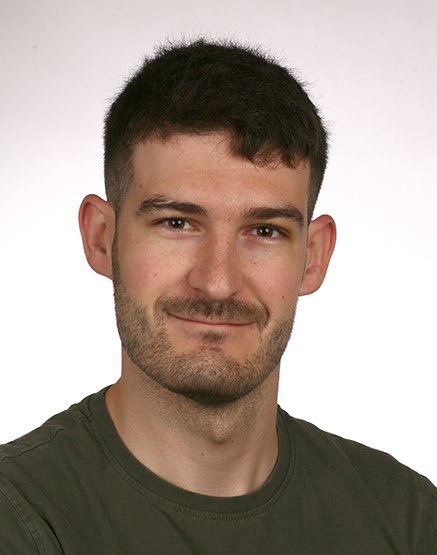
Ce contenu a été mis à jour le 8 décembre 2023 à 11 h 56 min.
